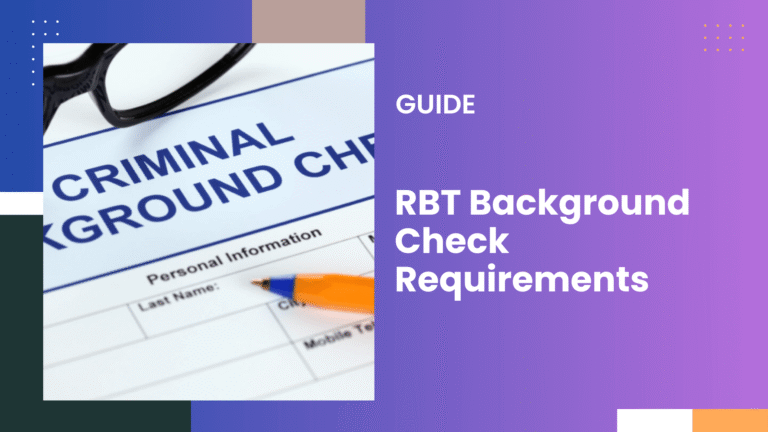Treatment Integrity Refers to The Degree To Which The RBT

Treatment Integrity refers to the degree to which the RBT implements behavior intervention plans exactly as designed by the BCBA. High treatment integrity ensures accurate data, effective interventions, ethical practice, and consistent client progress through precise and faithful plan execution.
When you are in the field, you’ve probably heard your supervisors talk about “treatment integrity.” If you didn’t know what that is or need help understanding it a bit more, let’s break that down in plain English — no buzzwords.
Treatment integrity means you follow the client’s behavior plan exactly, step by step, without leaving things out or adding your own twist.
That’s it, it’s that simple.
Why Treatment Integrity Matters
When you stick to the plan, the data you collect is solid.
The client also gets clear, predictable teaching, and skills improve faster.
But, if you skip the steps, the client might get confused, and your data won’t show what’s really working.
Example
Picture this: You’re teaching a kid to ask for help with a picture card.
In the plan, it says:
- Prompt them every time they struggle
- Give praise right away when they use the card
- Write it down on your data sheet
Treatment integrity means you actually:
- Prompt every single time
- Praise immediately
- Record every time
So, if you only prompt sometimes, delay praise, or forget to write it down sometimes here and there, that’s low treatment integrity.
And that hurts progress because the child won’t learn the routine properly.
How to Maintain High Treatment Integrity as an RBT
1. Know the Program Cold
I want you to be aware of and know the ins and outs of the session.
If you aren’t sure, just ask.
And also break the plan into smaller pieces until you feel confident. That way, you don’t have to guess mid-session.
So, if the plan says deliver praise within 2 seconds, I want you to practice that timing so it becomes second nature.
2. Use Checklists
Checklists can save you from missing steps.
Keep a checklist in your binder or tablet. Go through it before, during, and after a session.
That one page can mean the difference between accurate data and wasted time.
3. Get Feedback Often
If you are in doubt or even if you know everything, it is recommended to ask and use your supervision hours to double-check how you’re delivering the program.
Try asking your supervisor to watch you live or by video, and then give you straight feedback.
Here is a post from a Reddit thread I found and would like to share:
“My BCBA recorded a session and showed me how I was missing one prompt. It was small, but it made a big difference.”
4. Watch Your Data
I want you to trust your guts, and if your data looks off, that’s a sign to check your treatment integrity.
The BCBA might run interobserver agreement (IOA) checks with you to catch drift.
Take those seriously as they’re there to keep you accurate.
5. Work as a Team
You are very capable of doing it alone, but sometimes, talking with your team about how to run programs, updates, and a few here and there will help even better.
Everyone should follow the same steps so the client doesn’t get mixed messages.
If you see someone doing something different, ask about it. You’re protecting the client’s progress.
7. Self-Check Every Session
After every shift, take two minutes to reflect.
Did you follow every step? Did you miss anything?
Would you change anything for tomorrow?
It might not mean much now, but that short pause helps you stay consistent day after day.
Common Problems and Quick Fixes
| Problem | Fix |
|---|---|
| Too many steps to memorize | Use a checklist |
| Drifting from the plan over time | Ask for a refresher with your supervisor |
| Unclear directions | Ask for clarification or modeling |
| Forgetting to record data | Set a timer to remind you |
Key Takeaway:
Treatment integrity is the heart of good ABA. So, if you stick to the program exactly, your client learns faster, and your data actually means something.
You don’t have to change and modify the programme to fit the narrative, just stick to the rules and see where it goes.
Even small changes — like praising late or skipping a prompt — can break trust and slow down the overall progress.







